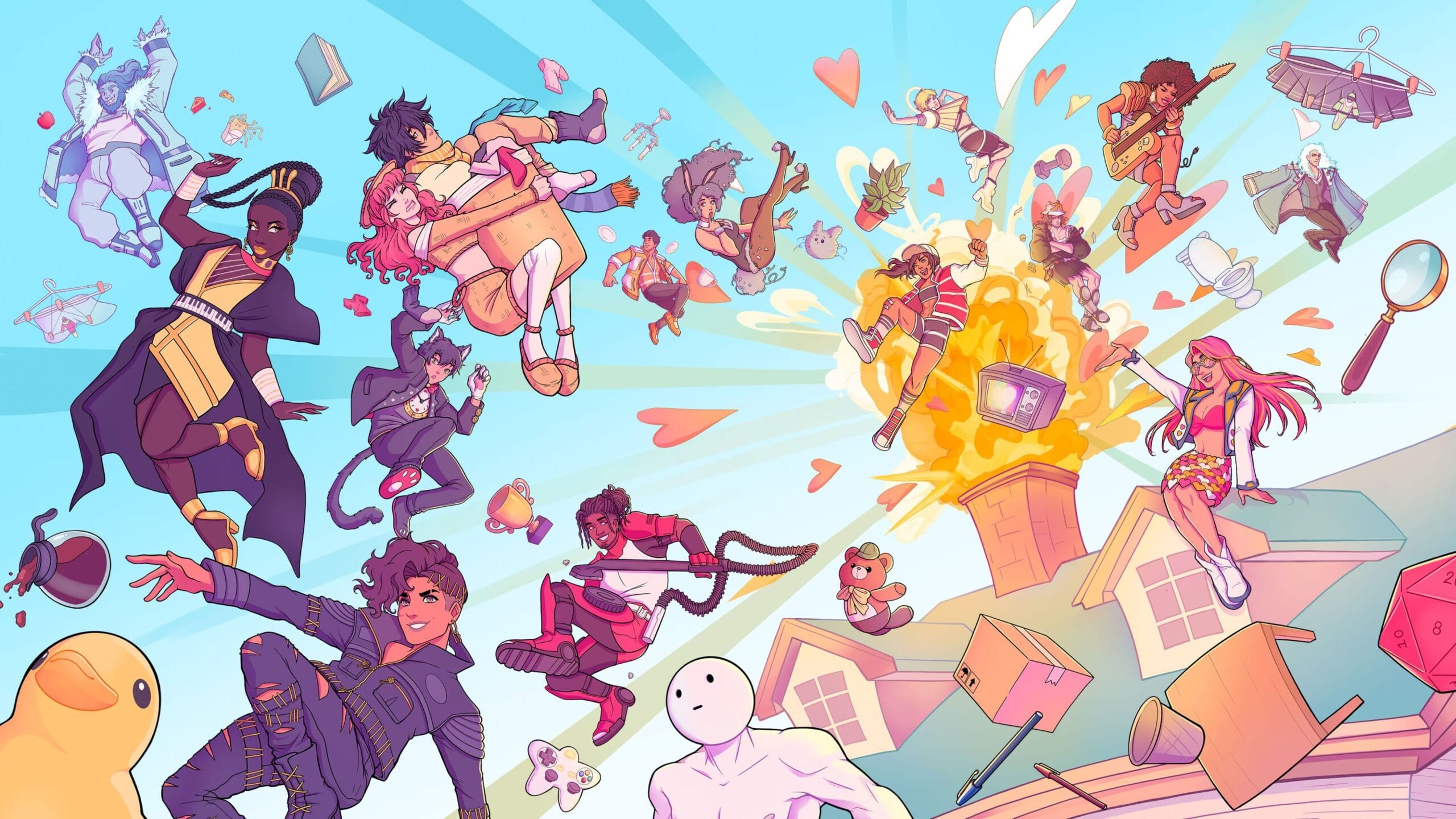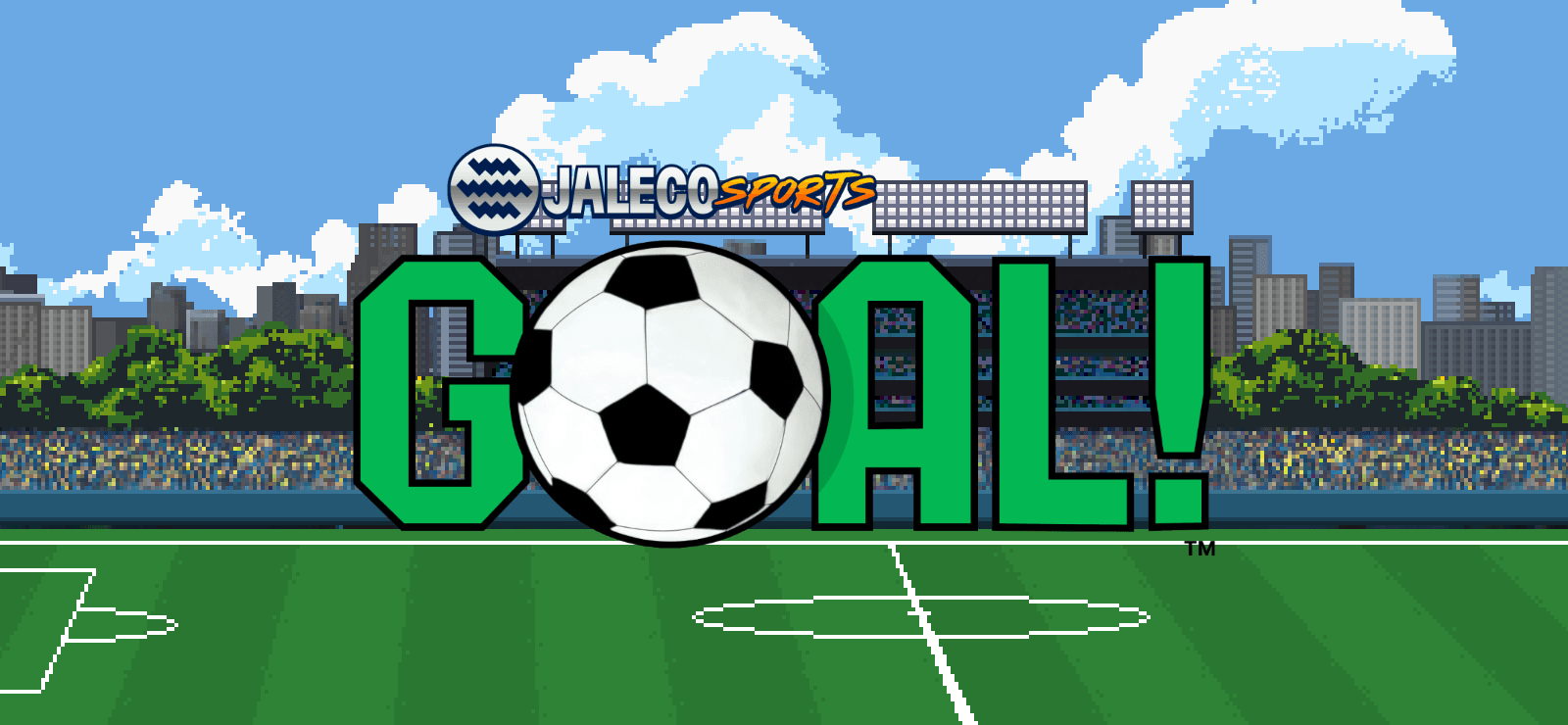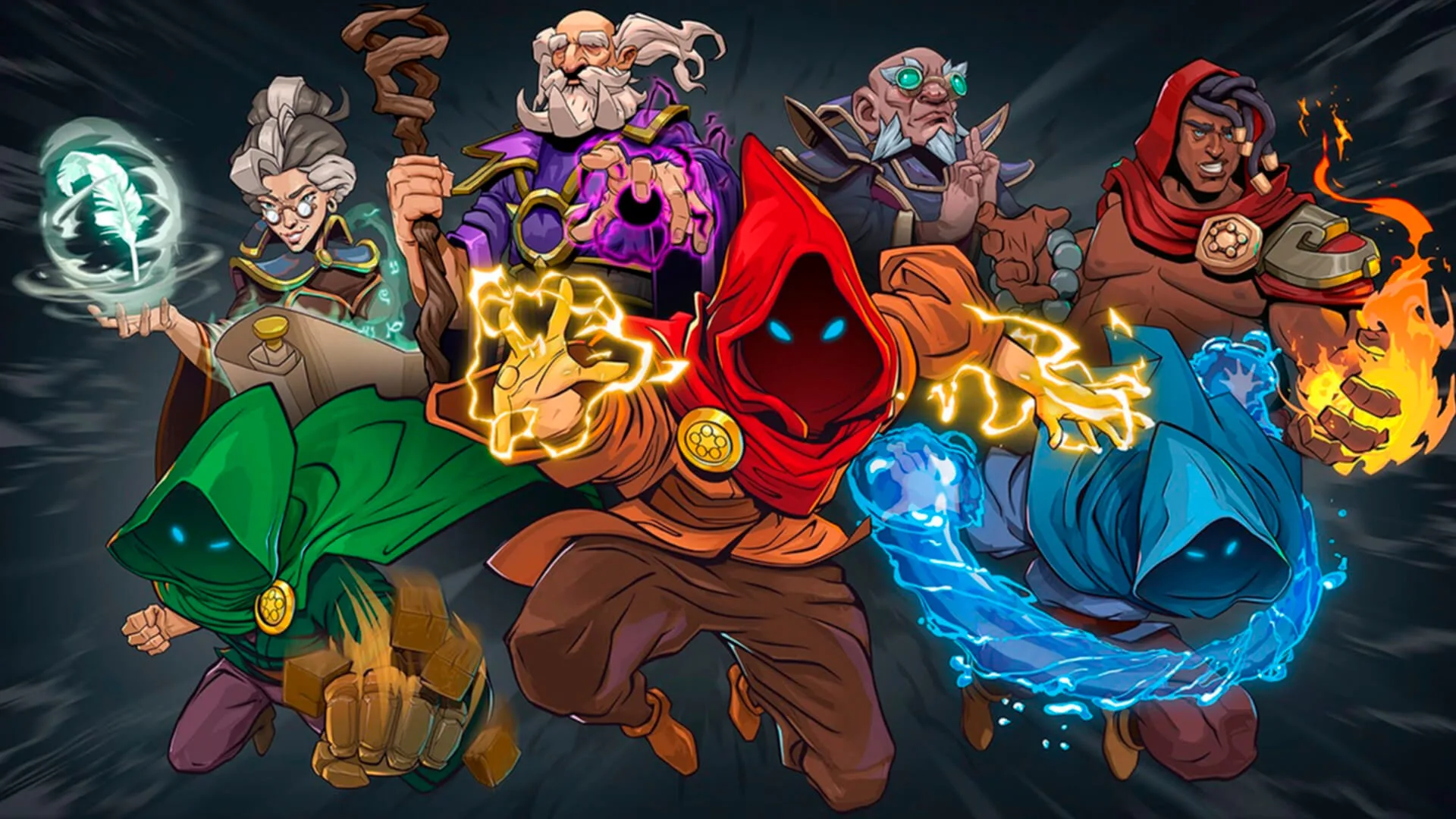Few concepts lend themselves to games as well as time travel. Jumping back and forth in time to solve problems makes the simplest of puzzles suddenly seem far more complex. Chronology is no different – to an extent. A breeze of a puzzle-plaformer, its challenges are few but satisfying, using its time travel concepts to great effect. The fun is short-lived, however, ending almost as quickly as it began.
Chronology begins with an old man – referred to as “the inventor” – waking amid wreckage in the midst of a forest. The world is in shambles – ruined, decaying machinery and overgrown plant-life dominating the scenery. The inventor doesn’t have any recollection of what happened, though, his memories hazy. At least until he finds his old time machine, anyway. Then he realizes what happened – that his old mentor misused a volatile element they created together – and takes it upon himself to set things right.
Along the way, he meets up with a snail who can stop time. Using the two characters’ abilities in conjunction serves as the basis for Chronology’s gameplay. The inventor does most the heavy lifting (sometimes quite literally), charged with handling any and all traversal in addition to moving back and forth through time, while the snail takes the support role by acting as a stepping stone, using her time freezing skills to help in various ways, such as locking moving platforms into place.
The puzzles mostly deal in basic traversal, which amounts to a lot of obstacles that are overcome by using your snail friend to give yourself a boost or moving through time to alter the landscape. Occasionally your abilities are briefly limited – usually while you’re traipsing about autonomous platforms – meaning you can’t call on the snail to stop time or hop through time yourself. This adds some difficulty to the otherwise straightforward, carefree nature of Chronology, though only just. If you slip up, you reappear no more than a few steps away from where you fell.
Chronology is at its best when you’re jumping between the past and present to solve problems. Mostly because it uses the time travel elements to their fullest, but also because you get to uncover some clever solutions. Typically whenever you have to jump through time, it’s to clear some obstacle barring your path – say, a locked door with a key hiding behind it. In that case, you need to clear the door somehow so you can get behind it and grab the key, but not completely so as to keep it standing in the present so you can move on once you bypass it.
Merely hopping through time won’t get you anywhere. You have to take the environment into consideration, see how you can leverage it to your advantage. Sometimes that’s as simple as moving a couple blocks around to climb a structure and drop an anvil on someone, other times it’s a long, multistep process that requires a lot of attention to detail. They make you think. They’re fun to solve, in large part because the time manipulation adds a healthy dose of complexity without obfuscating the goals, but also because they’re simply well designed and rewarding.
That’s what makes Chronology’s steady decline in their use so disappointing. As you move deeper, the need to move between the past and present dwindles significantly, almost to the point where the only reason to do so is to admire the change in scenery. In the early goings, it’s a commonly used part of your skill-set. By the end, it’s easy to forget you can even do that because you rarely need to perform any time shifts as platforming takes center stage.
Where before then it’s merely a small part of a greater whole, by the final chapters it’s basically the focus, time manipulation being relegated to the side. Challenge shifts in favor of ultra-precise jumps instead of cerebral time travel problems. The platforming obstacles it presents are sound, of course, all just as enjoyable as those that came before, but it’s a shame to see Chronology step away from its strengths just as they begin to realize their potential. Nevertheless, Chronology entertains. It’s late-game foibles are disappointing, but they don’t negate what it does well. I only wish it did more of it.






